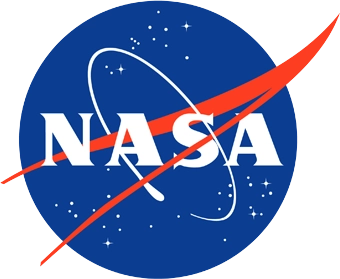VERITAS studies the surface and interior of Venus with a powerful new generation of scientific tools – the first NASA mission to return there since the 1990s. How did Venus become a sulfurous inferno, while our home planet, Earth, evolved to become the only known abode for life? What caused Venus to evolve into its present hostile state – devoid of the ocean, magnetic field, and plate tectonics that have enabled Earth to become so hospitable for life in the long-term? VERITAS addresses these compelling questions by determining how Earth’s twin diverged, enabling breakthroughs in our understanding of terrestrial planet evolution and habitability in our own solar system and beyond. VERITAS will return richly detailed radar maps of Venus' surface, vastly improving the resolution of maps made by the Magellan mission in the 1990s. From these data, scientists will make the first global, high-resolution maps of radar imagery and topography and the first maps of regions where geologic processes are actively deforming the surface in the present day. VERITAS will also produce the first maps of surface rock composition and constrain surface weathering by peering through the planet's dense atmosphere using spectral windows in the infrared portion of the EM spectrum. VERITAS will search for the thermal signatures of active volcanism and the chemical signatures of recent volcanism.
Key Staff
- Science Collaborator: Gael Cascioli
- Co Investigator: Erwan Mazarico

